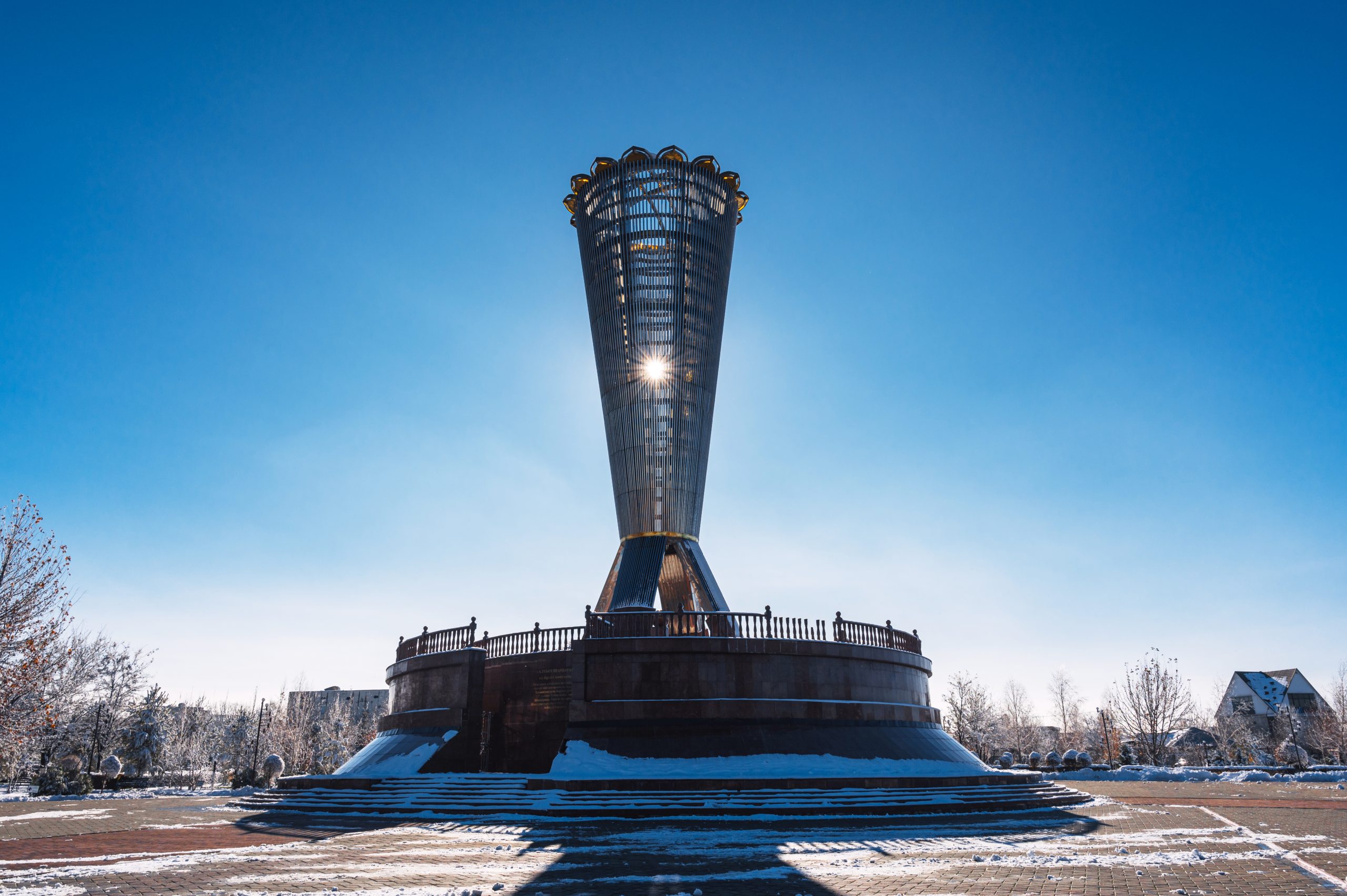With its abundant natural resources and potential for renewable energy production, Kazakhstan – one of world’s most important fossil fuel producers – will play an increasingly prominent role in EU energy security. In the Central Asian Republic, geopolitical players like Russia and China have long-standing security and economic interests and compete with the EU for access to resources. To build a sustainable energy partnership with Kazakhstan that moves beyond a fossil fuel-interdependent relationship, the EU needs to further operationalise its green energy diplomacy based on local needs.
This policy brief highlights two key areas of mutually beneficial cooperation: green hydrogen and critical raw materials. The EU could support Kazakhstan with developing its own clean industry locally, which would facilitate domestic decarbonisation and socioeconomic development rather than simply the export of raw materials. Moreover, investments in the Kazakh renewable energy sector need to go hand in hand with a gradual phase-out of oil and gas investments from European energy companies. This would reduce the security risks of continued fossil fuel dependency on the stability of the country.
Read the full publication at the original link
Giulia Cretti is a Research Fellow at the EU & Global Affairs Unit of the Clingendael Institute. Her work revolves around EU policy-making and external action, in particular green trade and green energy policy, and EU relations with the Western Balkans and ASEAN.
Louise van Schaik is Head of Unit EU & Global Affairs. She also coordinates Clingendael research in the field of climate change and sustainable development. In her research she has extensively analysed the EU’s performance in multilateral bodies, including in the fields of climate change, health and food standards.


